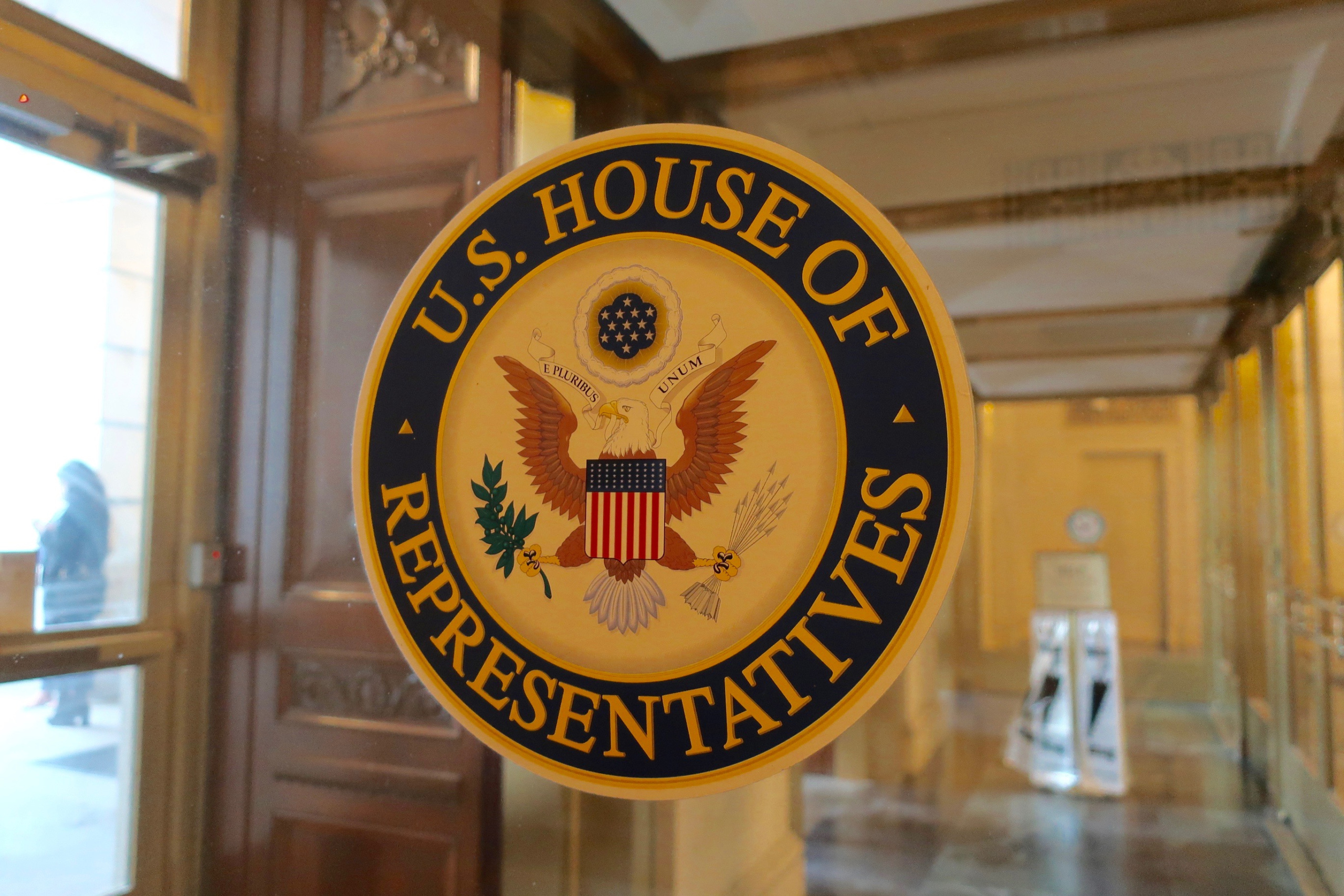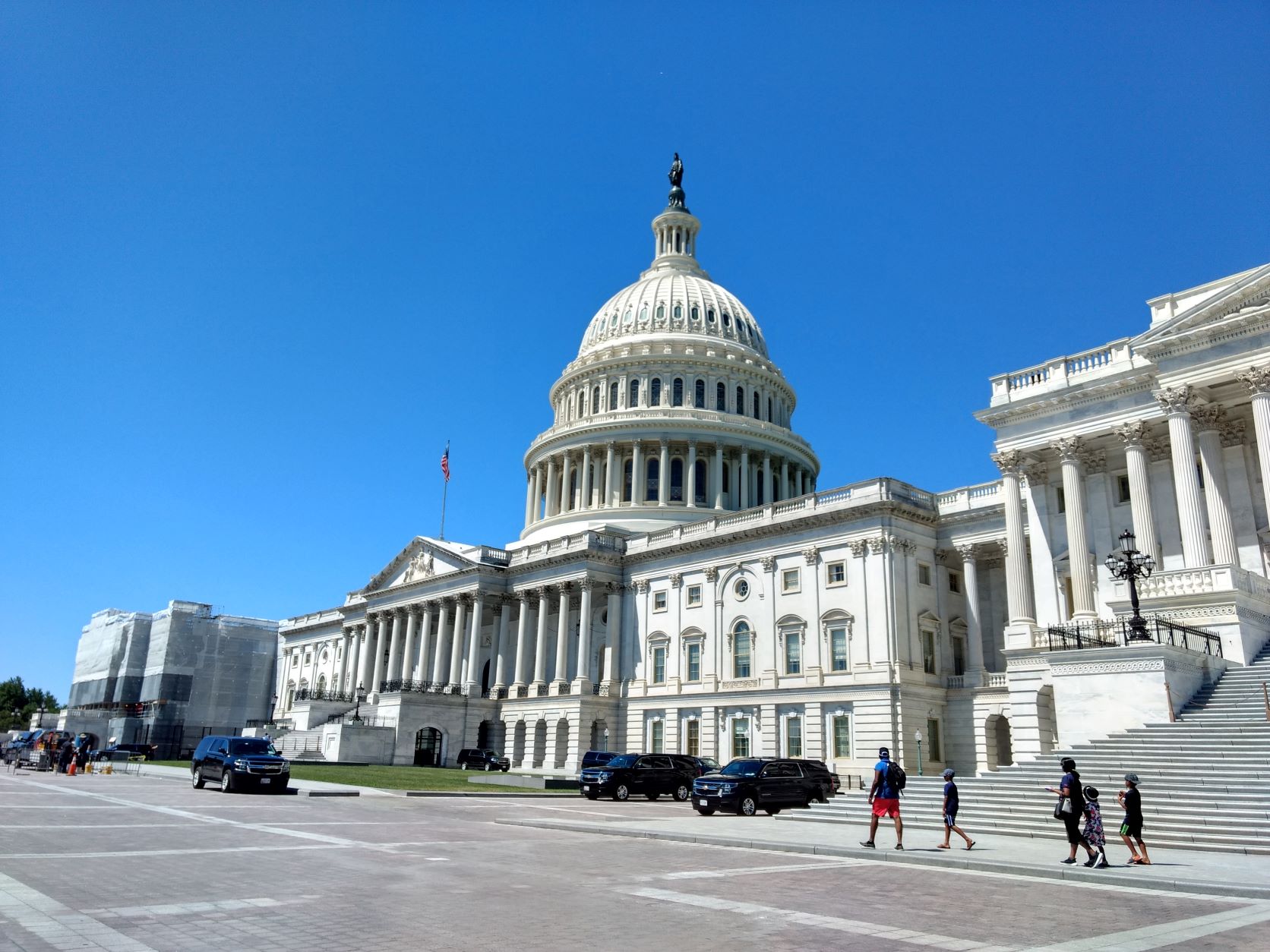Press Release - 05.12.25
ANCOR Issues Statement on House Energy & Commerce Committee Proposals to Cut Federal Medicaid Funding

Share this page
Stay Informed on the Latest Research & Analysis from ANCOR
More News
Stateside Report - 02.03.26
Stateside Report: February 03, 2026

Capitol Correspondence - 02.03.26
House Considers Senate-Passed Funding Package

Capitol Correspondence - 01.27.26
Bipartisan Support Builds for Direct Support Professional SOC Code Legislation


